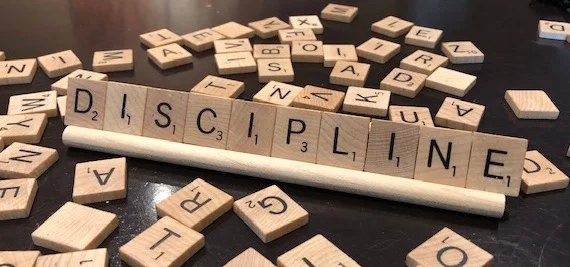Discipline and Dry-snitching at AU
Article 7 of the collective agreement sets out the process by which Athabasca University can discipline AUFA members. The discipline process starts with a disciplinary investigation. Most investigations do not result in discipline.
If grounds for discipline are found, the employer can then impose sanctions (ranging from a reprimand to termination). AUFA members can appeal any discipline.
Since President Fassina’s arrival in late 2017, there has been a sharp increase in the number of discipline investigations. Over the past 3 years, AUFA has seen three times as many discipline investigations as in the preceding 10 years. Interestingly, the number of cases where sanctions have been imposed remains the same (i.e., the rate of sanctioning has declined).
Discipline Cases by Year
Note: 2017-2019 data based on records review. 2007-2016 data based on records review supplemented by interviews with grievance officers.
The origins of most disciplinary complaints typically become apparent during the disciplinary investigation. Most recent discipline cases stem from complaints by a supervisor or a co-worker about performance or workplace behaviour.
Three of the recent investigations, however, have unclear origins. That is to say, while the issues under investigation in each case are clear (e.g., alleged bigamy of employment or misrepresentation), what (and who) triggered the investigation is not.
A close examination of these mystery cases suggests the root cause was idle (and often incorrect) gossip among AUFA members. While there does not appear to have been any intention to trigger a disciplinary investigation, the gossip eventually reached the ears of supervisors and/or HR and away we go.
This dynamic is often referred to as “dry snitching” in the labour movement. Essentially, workers sharing information about one another inadvertently trigger the disciplinary process. That 17% of recent discipline cases are the result of dry snitching suggests three things:
While office gossip is inevitable, it is important to be mindful of who hears gossip, especially when that gossip could potentially result in discipline. The flat and informal organizational structure of AU means that co-workers with whom we socialize can also have managerial responsibilities. Sharing gossip with these co-workers can jeopardize the jobs of other AUFA members. More bluntly, not everyone with whom we’re friendly is necessarily someone who is safe to confide in.
AU is increasingly investigating potential disciplinary issues. We have gone from 1 case every 2 years to 13 cases in 2019 so far. It is unclear why the number of investigations has increased.
A charitable explanation is that AU is trying to protect AUFA members’ procedural rights by following the collective agreement. That explanation is hard to reconcile with AU’s violation of other provisions of the collective agreement.
An alternate explanation is that AU is trying to intimidate AUFA members in order to dampen overt discontent, and perhaps as part of a broader union-rejection strategy. The stress caused by being under investigation represents a significant penalty to a member even if no discipline is enacted.
AU’s increasing interest in disciplinary investigations suggests that the protections set out in Article 7 of the collective agreement (including union representation and the delay of severe penalties until an appeal is heard) are provisions worth fighting to retain.
During the 2018/19 round of bargaining, AU (unsuccessfully) sought to make it easier and cheaper to discipline AUFA members. It may be necessary to push back against similar proposals in the 2020 round of bargaining.
Bob Barnetson
Chair, Work Stoppage Committee


